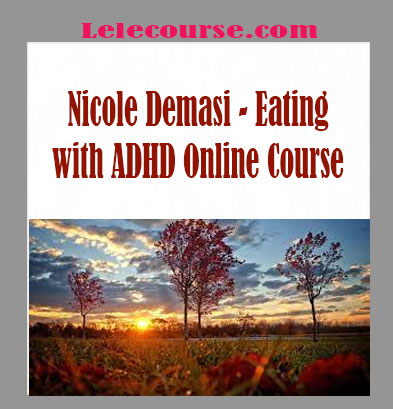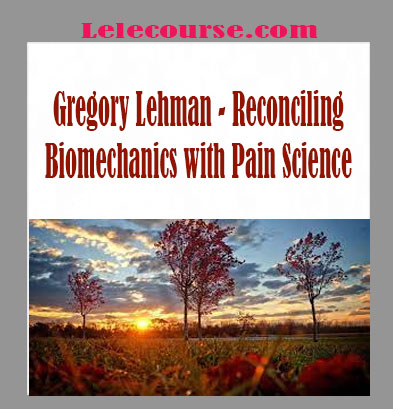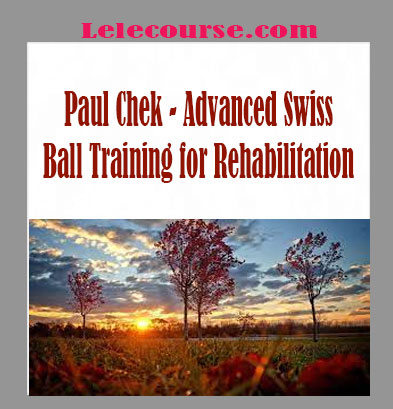Description
Why we Struggle to Eat With ADHD
Low Dopamine & Boredom
The lack of dopamine in the brain makes us want to constantly stimulate ourselves. When we eat, our levels of dopamine and serotonin temporarily rise, stimulating us and helping us focus. Our brains interpret these foods as rewards, and it’s easy to develop a pattern of eating for emotional or mental stimulation rather than hunger.
Strong Impulsivity
Extreme hunger can trigger a powerful desire to eat. In our haste to get what we want, we often neglect to consider our long-term needs. This is more common when we haven’t prepared ahead of time, are feeling anxious, or are completely overloaded.
Poor Interoceptive Awareness
Our awareness of thirst and hunger is diminished. Consequently, it becomes more challenging to exercise self-control. We put off eating until we’re very hungry, which leads to overeating. When we’re anxious, focused too intently, or distracted, we’re more likely to lose touch with our physical selves.
Executive Dysfunction
Each of us has trouble keeping up with the demands of meal preparation, grocery shopping, cooking, and organization. It’s exhausting and nerve-wracking to have to exert so much mental and executive effort… and then there’s the added pressure that perfectionism causes. We then resort to take out or snacking instead of a nourishing meal…sometimes leading to a binge…then guilt…then restriction again.
Easily Distracted
If we’re not paying attention while eating, not only do we eat more than we need to, but we also experience less satiety. Because of time blindness, we often fail to notice how long it has been since our last meal.
Emotional Dysregulation
Emotional regulation is challenging for those of us with ADHD because we constantly experience extremes. When negative emotions arise, this makes eating more appealing. Most people use food as a form of self-soothing, but when it becomes the only coping mechanism available, bingeing and feelings of helplessness can result.
Eating with ADHD Online Course with Nicole Demasi
First Module: Building Awareness
Because of this vitally important new awareness and comprehension, you will gain complete clarity, reassurance, and self-compassion, which will prepare you for a lifelong transformation of your relationship with food and ADHD.
- Discover the difficulties associated with eating and ADHD.
- Examine the connection between attention deficit hyperactivity disorder (ADHD) and eating disorders.
- The impact that having ADHD has on YOUR eating habits
- Find out your guidelines for food.
- Determine the areas in which you need to focus your efforts.
2nd Module: Rejecting Diet Culture & Understanding Metabolism
Starting here is the first step toward overcoming food restrictions and regaining your sense of agency. The impact of diet culture myths on your health will be examined, and suggestions for breaking the binge-restrict cycle will be offered.
- Examine the effects that diet culture has had on your life.
- Understand the various diets that exist and how to stop binge eating
- Find your personal eating guidelines and banish negativity.
- Gain a sense of mastery over your eating habits.
3th Module: Identifying Hunger & Making Peace with Food
There is a disconnect between what our minds think and what our bodies feel. To feel in charge of our lives and capable of overcoming obstacles, we can use intuitive eating to satisfy our mental, physical, and emotional needs.
- Discover the meaning of “intuitive eating” and its guiding principles
- Exactly how it will aid in ending your binge-eating
- A foolproof plan for indulging in any and all foods without feeling guilty.
- Methods for Eating Regularly
- What to eat for optimal mental and physical health
4th Module: Fullness & Satisfaction
The inability to accurately gauge hunger and satiety causes unreliable eating habits and destructive cycles of overeating and deprivation. By the end of this article, you will have the tools necessary to combat one of the greatest dangers to your mental and physical health and maintain command of your life.
- Understand your body’s signals for hunger and satiety.
- Medication-induced alterations in food cravings
- Instructions for eating in response to internal versus external signals
- Putting thought into what you eat so that you don’t feel hungry again and again
- Modify your relationship with sugar and manage your “trigger” foods
5th Module: Emotional Eating & Hormones
Reactive stress disorder, emotional dysregulation, and chronic boredom? Finding alternative ways to deal with stress and increase dopamine levels without resorting to food is a major goal of this course, and you’ll learn more about your eating habits, emotions, and triggers.
- Methods for Boosting Dopamine and Concentration
- The way out of either/or thinking
- Hormonal influences on ADHD and eating habits
- Contemplating and regulating your emotions
- The non-food ways of dealing with stress
6th Module: Self Care & Self Love
Overeating is a direct result of not taking good care of yourself and loving yourself enough. Constantly criticizing oneself is a waste of time and energy. Let’s improve our sense of worth and our relationship with our bodies by learning to love and care for ourselves.
- Learn how to reframe unfavorable thoughts and comparisons, as well as gain access to self-care strategies for those with attention-deficit/hyperactivity disorder.
- How to Improve Your Sense of Worth and Happiness
- Embracing and loving your physical self is the key to happiness.
- Putting an end to fatphobia and weight discrimination
7th Module: Plan. Shop. Cook
Inconsistent eating, including skipping meals or eating too little, and even bingeing, are direct results of being overworked and stressed. Let’s take the stress out of meal planning, shopping, preparing, and cooking by learning how to do it all with ease.
- Making a plan for your food intake (& your family)
- The importance of kitchen organization in preventing wasted food and money
- Identifying a Preparation Method that Works for You
- Making simple and fast food (without fatigue)
- Making food from scratch
- How to Spice Things Up and Increase Happiness
8TH Module: Creating a Routine
The daily grind is something we despise but cannot function without. Working memory is completely useless. Having a regular schedule can reduce stress and speed up the process of habit formation. In this article, you will learn how to use strategies for dealing with ADHD to establish a versatile, doable routine for eating that will keep you from bingeing and feeling overwhelmed.
- The steps to developing your own routine each day
- Eating regularly despite an unpredictable schedule
- Preparing for one’s own health care, medication, food, and snacks
- Suggestions and resources for maintaining momentum
- Here are some sample routines that have helped my clients in the past
9th Module: Nutrition & Movement
Fueling your brain with healthy foods is essential for developing your neurotransmitters and maintaining optimal health. To boost your levels of dopamine, get moving! This article will discuss the most important guidelines for maintaining a healthy brain in terms of diet and exercise.
- Including a variety of nourishing foods and enjoyable physical activity
- Find out which foods boost your levels of dopamine and serotonin.
- Raise one’s level of concentration, contentment, and joy.
- View the ADHD aids supported by studies.
- The gut is like a second brain; take care of it.
- Be steady and sure in your eating! I hope you’re enjoying yourself.
Refund is acceptable:
- Firstly, item is not as explained
- Secondly, Eating with ADHD do not work the way it should.
- Thirdly, and most importantly, support extension can not be used.
Thank You For Choosing Us! We appreciate it.









Reviews
There are no reviews yet.